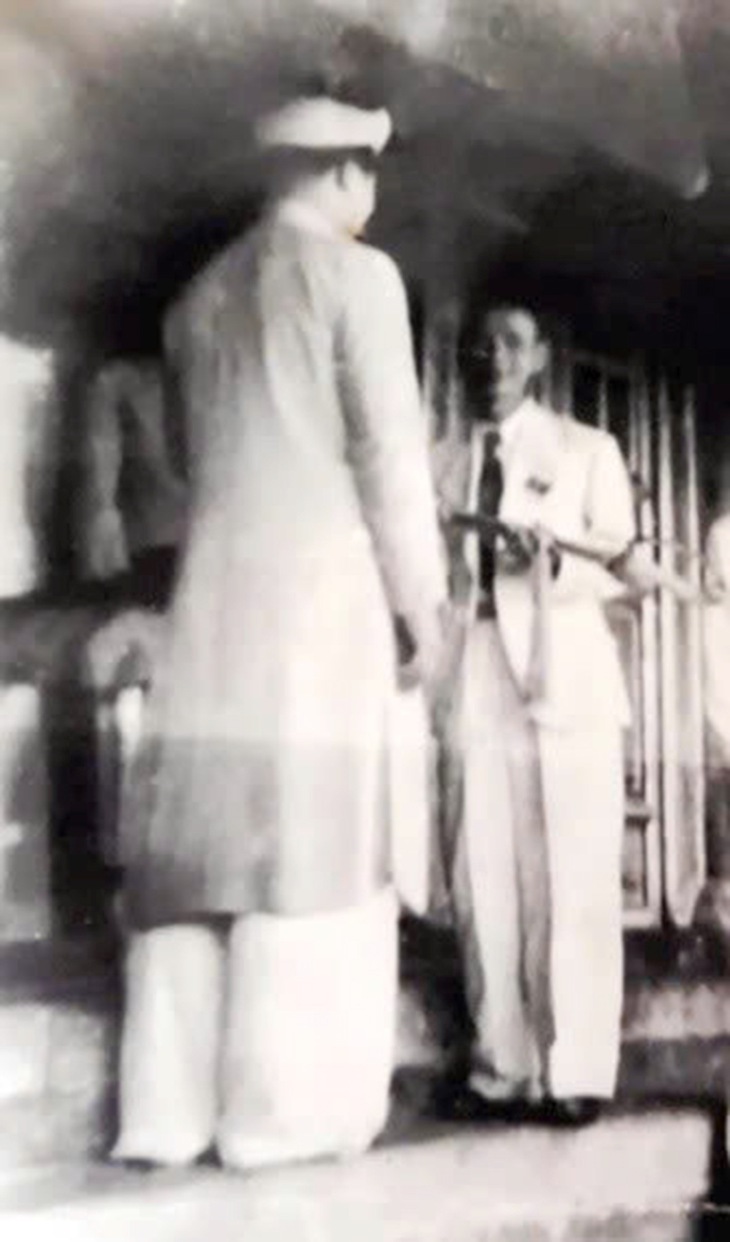
… As for me, after twenty years on the throne, I have had to endure so much bitterness and pain. From now on, I am happy to be a free citizen of an independent country. I will never let anyone take advantage of my name or the royal family's name to shake the nation and its people again.
(Excerpt from the abdication edict of King Bao Dai read during the abdication ceremony on the afternoon of August 30, 1945)
Books, newspapers, and even dictionaries published over the past 80 years have assumed that the exact sentence was in the abdication decree. But is it true?
Three edicts promulgated in August 1945
August 1945 was a special month in Vietnamese history, with political events taking place in rapid succession. In just eight days from August 17 to August 25, King Bao Dai issued three edicts with the content summed up in two words: independence.
The first edict: The national mobilization edict, promulgated on July 10, the 20th year of Bao Dai, or August 17, 1945. In this edict, King Bao Dai's decision to abdicate was publicly announced for the first time to all the people: "I place the happiness of the Vietnamese people above my throne."
Second edict: The abdication edict was announced on the afternoon of August 25, and the king himself read it at the abdication ceremony that took place on the afternoon of August 30 at Ngo Mon.
Also on August 25, the king issued a third edict: an edict to members of the royal family. This edict explained the reason for the king's abdication and called on the royal family to support the revolutionary government. "I am sure that after hearing the abdication edict, all members of the royal family will be happy to put their national debt above their family ties and unite closely with the entire nation to support the democratic government and maintain the independence of the Fatherland."
All three edicts were publicly posted at Phu Van Lau in front of the capital - the place where court documents were announced to the people.
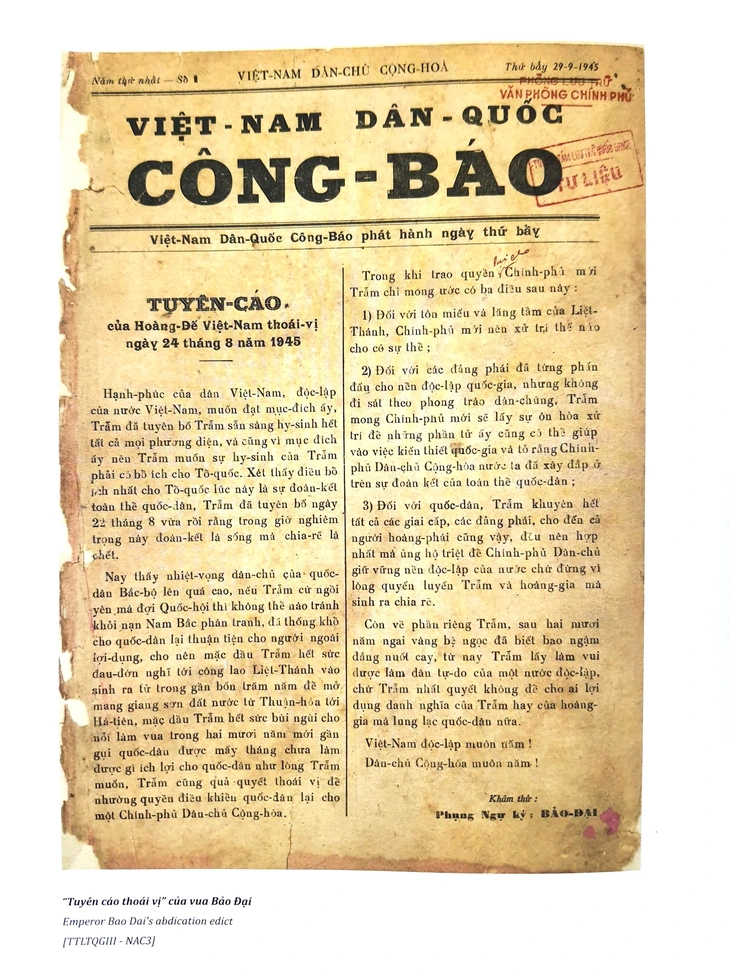
Where is the official copy of the abdication edict?
In his memoir From the Hue Court to the Viet Bac War Zone ( Hanoi Publishing House 1981), Mr. Pham Khac Hoe, then the Chief of the Imperial Office of the Bao Dai Court, said that the abdication edict was posted at Phu Van Lau on the afternoon of August 25. Thus, this was the first time the abdication edict was published. However, to date, there is no information on where this edict is stored.
The National Archives Center III is currently storing a document called "Declaration of Abdication" typed on paper, in the font "Prime Minister's Office", file number 589. This center is also currently storing the Official Gazette of the Republic of Vietnam, year 1, number 1, published on Saturday, September 29, 1945. This is the official gazette of the Democratic Republic of Vietnam, which was officially born on September 2, 1945.
The first page of this first official gazette published the "Declaration of Abdication of the Emperor of Vietnam". The content of this document matches the content of the "Declaration of Abdication" typed on paper. It is worth noting that in both documents there is not the original quote of King Bao Dai: "I prefer to be a citizen of an independent country than to be king of a slave country".
Previously, Tri Tan magazine No. 203 on Thursday, September 6, 1945, also published the abdication edict in an article titled A historical edict: Emperor Bao Dai has firmly abdicated... The newspaper's reporter said that on August 25, the Imperial Office sent (the abdication edict) to the Imperial Commissioner of the North, the South, the provincial governors of Thanh Hoa, Vinh, Quang Tri, Dong Hoi... The newspaper "provided the abdication edict that the emperor had just issued today" and published the entire edict. The edict had the same content and wording as the version published in the official gazette later (September 29, 1945) that we presented above.
Witness Cu Huy Can: the king said in another edict
The memoirs of the people present at the abdication ceremony such as Tran Huy Lieu, Nguyen Luong Bang, and Cu Huy Can did not publish the abdication edict nor did they mention that statement. But on the occasion of going to Hue to attend the 55th anniversary of National Day (in 2000), poet Cu Huy Can affirmed: "In the abdication ceremony of King Bao Dai, there was no sentence "It is better to be a citizen of a free country than to be king of a slave country". This sentence was in another edict sent to the royal family before that".
Mr. Cu Huy Can was a member of the delegation of the Provisional Revolutionary Government present at Ngo Mon on the afternoon of August 30, 1945 to receive the abdication of King Bao Dai. The above answer was given by Mr. Cu Huy Can in an interview with Mr. Nguyen Hong Tran (Hue University of Sciences) and Dr. Thai Le Phuong on the evening of September 1, 2000, at the guest house No. 5 Le Loi (Hue City), published in the magazine Xua va Nay No. 337, August 2009.
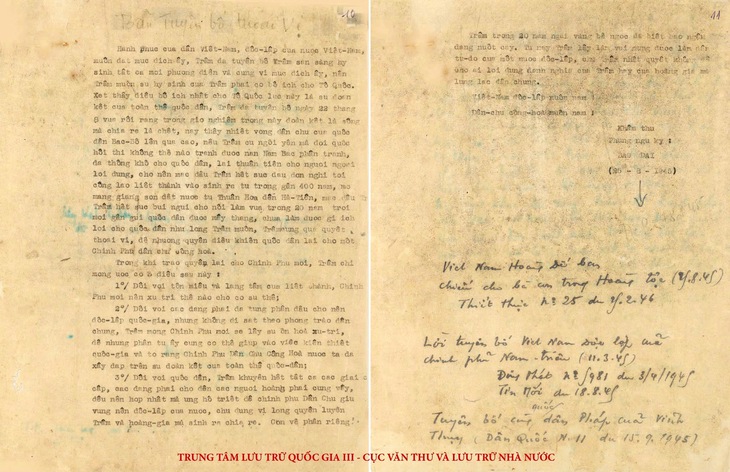
Which slide is that sentence in?
According to our research, this important statement of King Bao Dai appeared officially and first in the first edict - the National Mobilization Edict, promulgated on August 17, 1945. In this edict, there is a passage: "I put the happiness of the Vietnamese people above my throne. I would rather be a citizen of an independent country than be king of a slave country. I am sure that the entire nation shares the same sacrifice as I do."
In his memoir From the Hue court to the Viet Bac resistance base, Mr. Pham Khac Hoe said that the king read and reread the sentence "I would rather be a citizen of an independent country than be king of a slave country" and signed the edict at around 4:00 p.m. on August 17.
A week later, on August 25, the king issued an abdication edict with the ending not including the famous quote discussed above. "As for me, after twenty years on the throne, I have had to endure so much bitterness and pain. From now on, I am happy to be a free citizen of an independent country. I will not allow anyone to take advantage of my name or the royal family's name to shake the nation and its people." We would like to publish this ending according to the exact text of the abdication edict published in the Official Gazette, currently stored at the National Archives Center III, which is considered the official version.
After drafting the abdication edict, the king drafted another edict for the members of the royal family, and repeated the important content of the first edict with the immortal saying: "... after declaring "To put the people's happiness above the throne, being a citizen of an independent country is better than being king of a slave country", now I definitely abdicate to hand over the nation's destiny to a government that has the conditions to mobilize all the forces of the whole country to maintain the country's independence and the happiness of the people".
Mr. Pham Khac Hoe said that both of these edicts were publicly posted at Phu Van Lau on the afternoon of August 25. Five days later, King Bao Dai personally read this abdication edict at the abdication ceremony on the afternoon of August 30.
Thus, the historical saying of King Bao Dai "I prefer to be a citizen of an independent country than to be king of a slave country" was issued in the national mobilization edict (August 17, 1945) and repeated in the edict for members of the royal family (August 25, 1945). In the abdication edict, he mentioned that idea, but did not utter that sentence in the abdication ceremony on the afternoon of August 30, 1945.
Source: https://baohatinh.vn/tim-lai-cau-noi-noi-tieng-cua-vua-bao-dai-80-nam-truoc-post294760.html










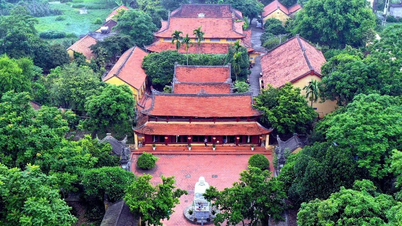



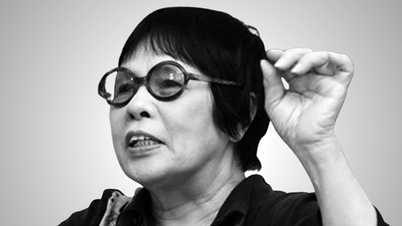
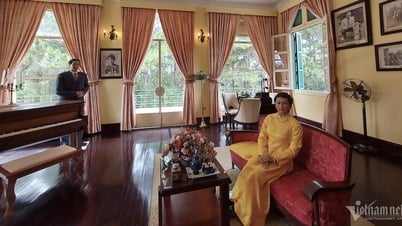

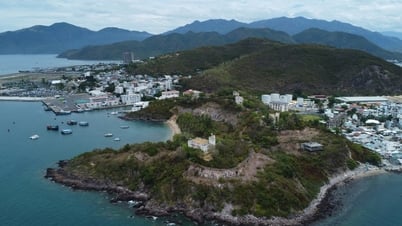






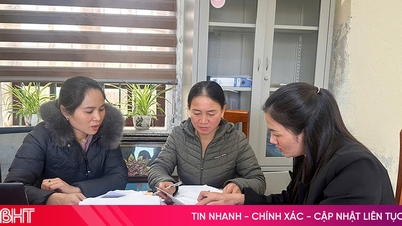
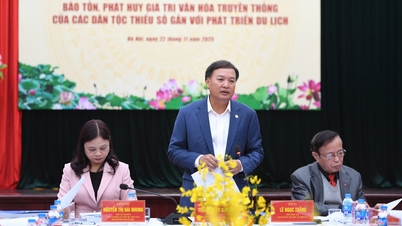







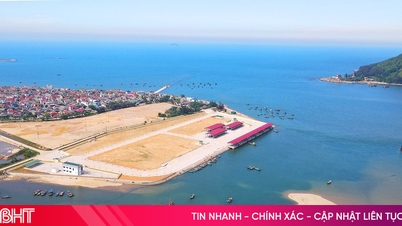



![[Photo] Worshiping the Tuyet Son statue - a nearly 400-year-old treasure at Keo Pagoda](/_next/image?url=https%3A%2F%2Fvphoto.vietnam.vn%2Fthumb%2F1200x675%2Fvietnam%2Fresource%2FIMAGE%2F2025%2F12%2F02%2F1764679323086_ndo_br_tempimageomw0hi-4884-jpg.webp&w=3840&q=75)
![[Photo] Parade to celebrate the 50th anniversary of Laos' National Day](/_next/image?url=https%3A%2F%2Fvphoto.vietnam.vn%2Fthumb%2F1200x675%2Fvietnam%2Fresource%2FIMAGE%2F2025%2F12%2F02%2F1764691918289_ndo_br_0-jpg.webp&w=3840&q=75)


















































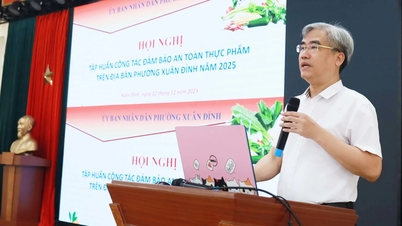




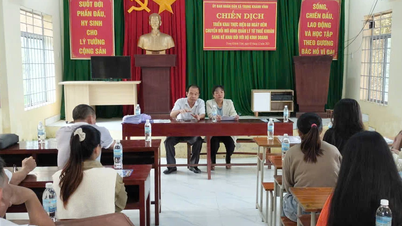
















Comment (0)